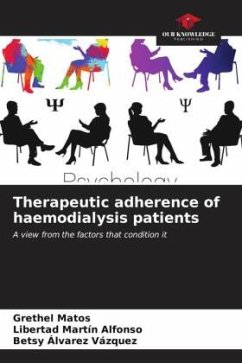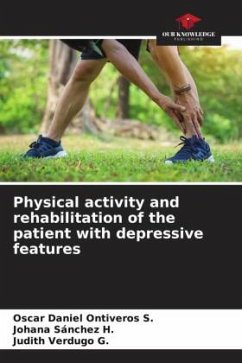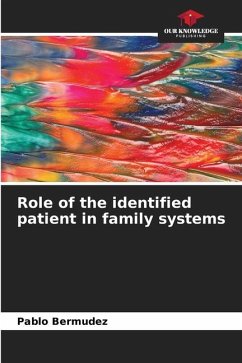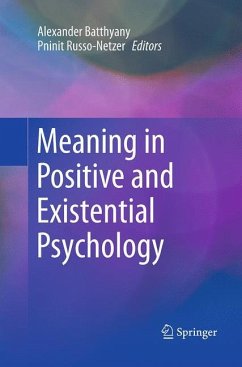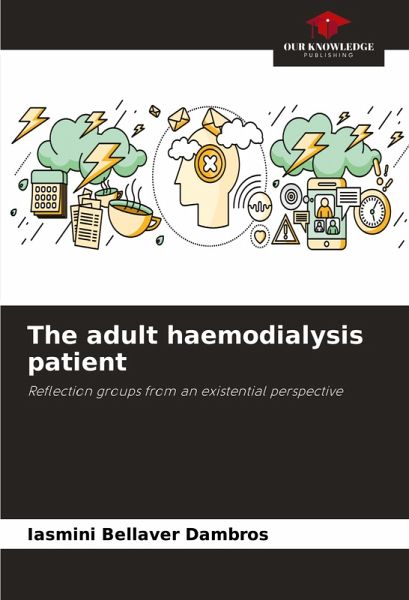
The adult haemodialysis patient
Reflection groups from an existential perspective
Versandkostenfrei!
Versandfertig in 6-10 Tagen
27,99 €
inkl. MwSt.

PAYBACK Punkte
14 °P sammeln!
Chronic renal failure is a pathology characterised by various bodily, emotional and social changes. It commonly affects the individual's self-image, as there are significant alterations in the field of sexuality, work life and leisure, thus damaging their interrelationships. Haemodialysis treatment has an even greater impact in middle adulthood, because at this stage, issues relating to development and finitude are very present and the individual's body is already declining in efficiency. In this context, existential psychology provides theoretical support for understanding man and his relatio...
Chronic renal failure is a pathology characterised by various bodily, emotional and social changes. It commonly affects the individual's self-image, as there are significant alterations in the field of sexuality, work life and leisure, thus damaging their interrelationships. Haemodialysis treatment has an even greater impact in middle adulthood, because at this stage, issues relating to development and finitude are very present and the individual's body is already declining in efficiency. In this context, existential psychology provides theoretical support for understanding man and his relationship with the environment, based on basic concepts such as existence, death, loneliness, existential boredom, anguish, guilt, freedom, authenticity, the meaning of life, transcendence, love and happiness. These are themes that often permeate individuals' thoughts and can be worked on through reflection in a group setting, with the aim of helping a greater number of patients to adhere to haemodialysis treatment.





